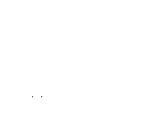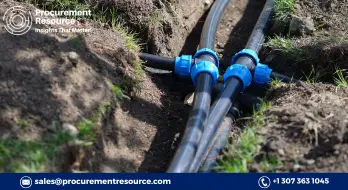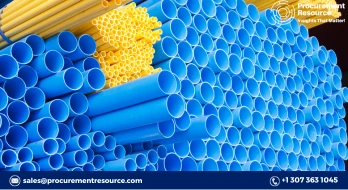India considers s-PVC anti-dumping duties from China, Indonesia, Japan, South Korea, Taiwan, Thailand, and the US
.webp)
India is considering the introduction of anti-dumping duties (ADDs) on imports of suspension polyvinyl chloride (s-PVC) from several countries including China, Indonesia, Japan, South Korea, Taiwan, Thailand, and the US. This proposal, published in the Indian Gazette on October 30, seeks public feedback within the next 30 days. The potential implementation of these duties could happen by the end of the fourth quarter.
The proposed ADDs would target s-PVC imports that have a k-value of between 55 and 77. This excludes various other forms of PVC such as cross-linked, chlorinated, paste, mass, co-polymer, and blending resins. The move comes in response to significant price discrepancies between domestic and imported s-PVC, where imports have been cheaper, allowing international producers to capture increased market shares. As a result, local producers have been dealing with high inventories and reduced margins.
India's market dynamics show a robust demand for PVC, anticipated to reach 5 million tonnes per year by 2027. In 2023, PVC imports exceeded 3.2 million tonnes and are expected to maintain similar levels this year. To address this, India aims to boost its domestic PVC production from the current 1.6 million tonnes per year to 5.4 million tonnes by 2028, exceeding the volume of current annual imports. This increase in local production capacity is intended to meet growing domestic demand and reduce reliance on imports.
The introduction of ADDs is seen as a strategy to support the absorption of this new capacity by the Indian market, particularly by plastic converters who currently rely heavily on lower-cost s-PVC imports from Northeast Asia and North America. These imports have traditionally enjoyed lower production costs, giving exporters a competitive edge.
Read More About PVC Production Cost Reports - Get Free Sample Copy in PDF
Moreover, upcoming quality restrictions set by the Bureau of Indian Standards (BIS) will further impact imports, especially those produced via the carbide-route, which have faced quality concerns. Although this will likely decrease imports to some extent, the main thrust against imports will come from the proposed ADDs, which are expected to create a more balanced competitive environment for domestic producers.
These developments suggest a shift towards making India self-sufficient in PVC supply, potentially leading to a reevaluation of global PVC capacity and market strategies by international producers, especially if global supply continues to outpace demand.




.webp)